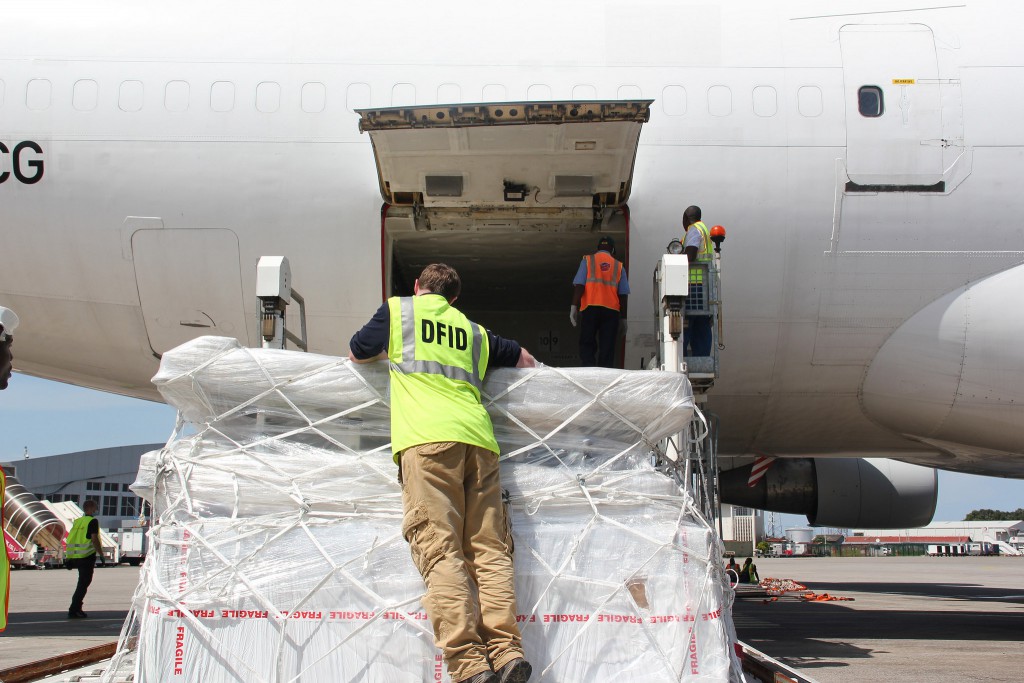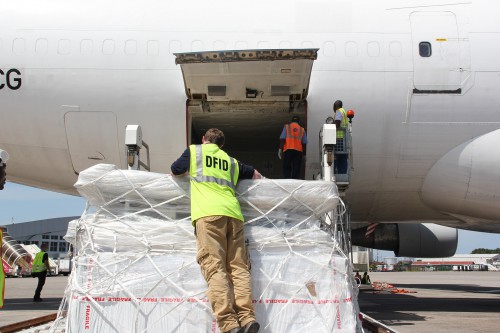12th November 2014
The Catholic Church, the UK and the fight against Ebola


The following is a guest blog by Steve Townsend, Deputy Head of Mission at the British Embassy to the Holy See
The Ebola virus spread quickly through Sierra Leone, Guinea and Liberia, with over 13,000 deaths so far. The disease has made the front pages across the globe, provoking concern, offers of assistance, and in some cases, panic. The UK government has quickly stepped up to the plate, offering over £205m in assistance, including the opening of an Ebola treatment Unit in Kerry Town (the first of six being built throughout the country, with a planned total of 700 beds), an Ebola testing laboratory now functioning in Kerry Town, and logistical and expert support provided by British military brought in by RFA Argus.
I attended a meeting last week called by Caritas Internationalis, the umbrella organisation of over 160 Catholic NGOs. The meeting included not only representatives of Caritas donor NGOs, such as CAFOD, Caritas Belgium and TROCAIRE, but also those working on the ground – there were dial-in contributions from Caritas representatives and people working in all three countries. There were also representatives of some of the many Catholic religious congregations working in the field – some maybe not well-known in the UK, but who have a strong missionary presence: Camillian Fathers, Congregation of St John of God, Society of the Divine Word, Congregation of the Holy Spirit, Franciscan Missionaries of Mary to name some of them.
These groups have been in the communities before the Ebola outbreak, and will be there after it has passed by. They have built up a level of trust with the communities which is vital in persuading people to have confidence in the instructions they are being given on safe burial procedures, rehabilitation of those who have recovered from the disease, and those left orphaned or alone because their families have died. The meeting emphasised the importance of strengthened non-Ebola health structures, ensuring that borders remain open and building the essential infra-structure and resilience of the affected countries. The Catholic health clinics continue to treat the sick, and they lost many of their colleagues in the early days of the outbreak. Yet their volunteers continue to work in the most affected areas.
The international community is mobilising its force to deal with the scourge of Ebola. The British Foreign Secretary is visiting Sierra Leone today, to demonstrate UK’s continued commitment. In the affected countries, the religious communities have a vital role to play, and should be applauded for their dedication. We hope very much to work with them in this common battle.